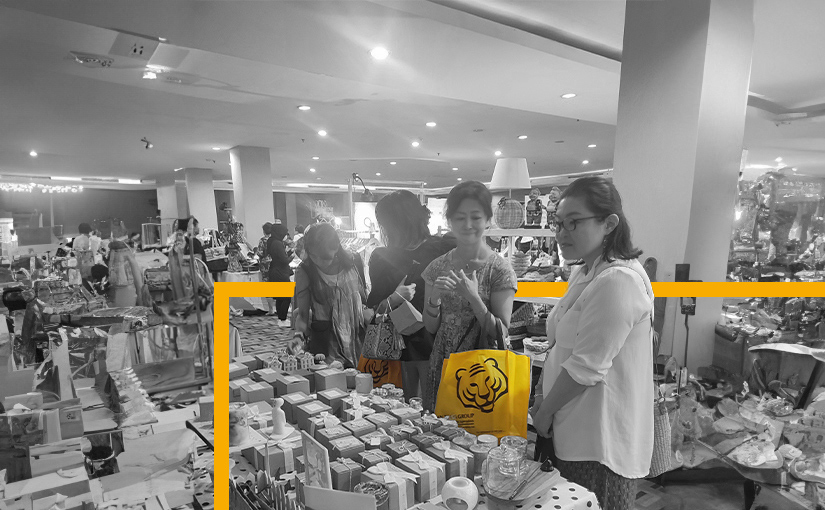The Bearer of Bad News
The Bearer of Bad News
Westerners who have lived for any time in Asia have come to realize just how loath Asian are to be the bearer of bad news. It’s understandable; nobody wants to let someone down. Letting down a boss or colleague with news will surely upset them, especially if doing so might result in a shoot-the-messenger moment.

But it can be a major hindrance to effective communication and a source of great frustration, even to those of us who have made Asia their home for many years. I can take bad news, and I wouldn’t say I like it necessarily, but I like it even less when I don’t know where things stand on an important issue.
Perhaps no culture, no people, take this to the extreme, as do the Japanese. The bluntest way for a Japanese to say no is to suck air in through clenched teeth, which means, “are you out of your freaking mind? No blanket-blank way.”

Rather than give you a direct “no” in other parts of Asia, they will jump right to the explanation and hope you decipher the coded message. Hint:
It’s two letters, with “n” and ends in “o” For example, I called my favorite restaurant the other day to make a reservation. After a short pause, some shuffling of papers, and some throat clearing, I heard the dreaded sentence opener… “because….” In Asia, every sentence that beings with “because” is always followed by bad news.
“hmmmmmmm, because it’s Friday night, big party here, yadda, yadda, yadda, I’ve already stopped listening – just give it to me and take me out of my misery, come to the punch line “…..fully booked.”
Giggling in disappointment
Another oddity that I have often experienced is for an Asian person to smile and giggle when giving you bad or disappointing news.
So it’s strange to hear that your flight has been cancelled, or your favourite restaurant is fully booked – from someone with a shy smile and is all a titter because your luggage is now considered hopelessly lost.
I know it’s just a cultural thing and the person doing the giggling is probably not as amused as they appear. So it is helpful to be prepared if and when such a situation arises. Don’t take it literally.
Their motivation is to soften the impact of the bad news. They have good intentions; I do not doubt it, so I am up to bridge the communication gap.
I’m working on it.










